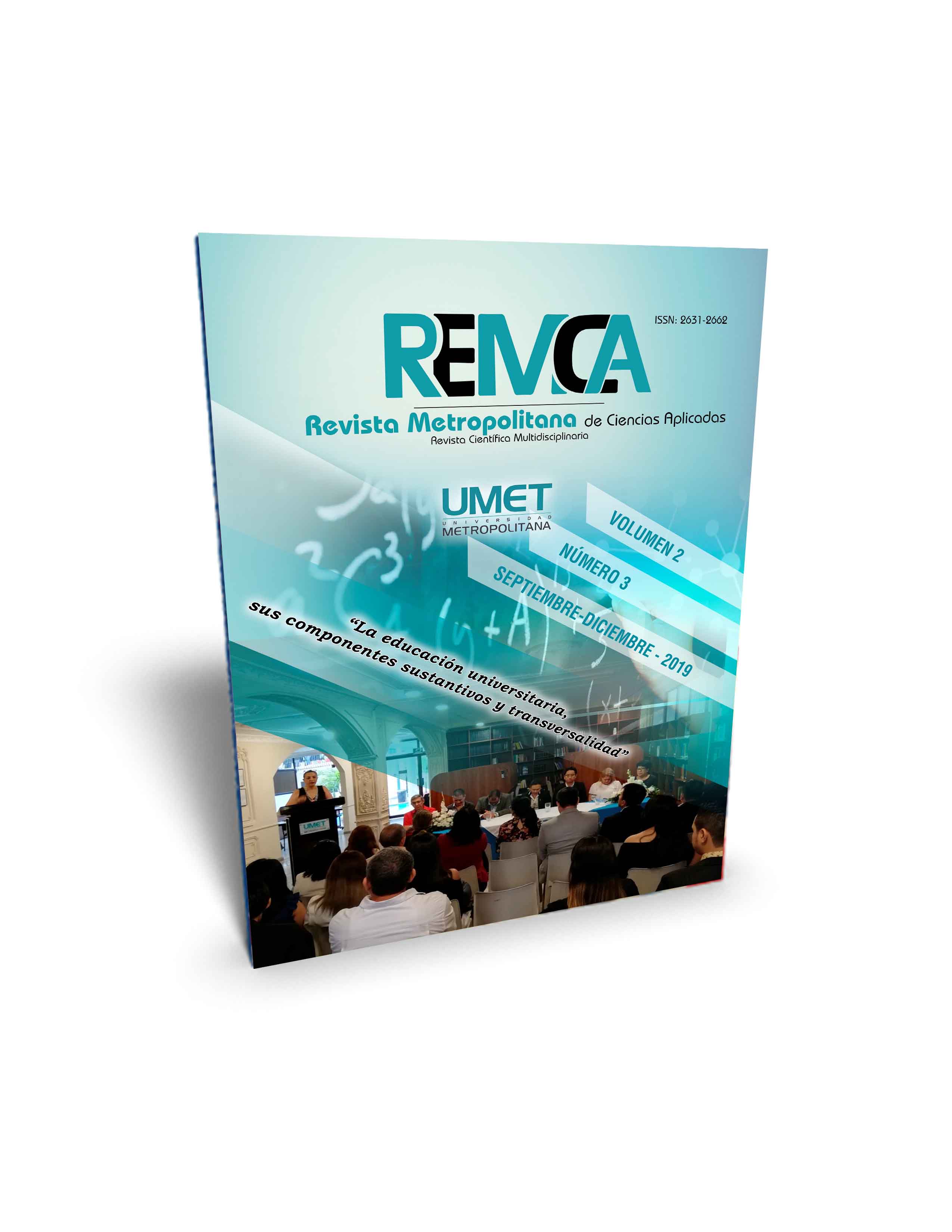El salario suficiente como derecho humano fundamental en Venezuela
DOI:
https://doi.org/10.62452/dc88t965Palavras-chave:
Suficiencia, salario, derecho humano fundamental, canasta básicaResumo
La presente investigación tuvo como propósito efectuar un análisis sobre la suficiencia del salario conforme a lo previsto en la Constitución de la República Bolivariana de Venezuela y la Ley Orgánica del Trabajo, los Trabajadores y las Trabajadoras. Como fundamento legal se observaron además de los instrumentos jurídicos indicados: el Convenio N° 26 sobre los Métodos para la Fijación de Salarios Mínimos de la Organización Internacional del Trabajo, la Recomendación N° 135 sobre Fijación de la Salarios Mínimos de la Organización Internacional del Trabajo, entre otros. El estudio realizado fue jurídico, documental, analítico y descriptivo. Se concluye que el derecho a un salario suficiente, se encuentra normado tanto en la Constitución Nacional como en diversos instrumentos jurídicos internacionales en materia de derechos humanos, lo cual lo constituye en un derecho humano fundamental. Por otra parte, se llegó a la conclusión que la canasta básica, constituye un elemento de impretermitible observancia al momento de aumentar el salario mínimo. Asimismo, se concluye que a los efectos de la fijación del salario mínimo, no se convoca a las organizaciones de trabajadores y empleadores, incumpliéndose con lo previsto en el Convenio N° 26 de la Organización Internacional del Trabajo.
Downloads
Referências
Alfonzo-Guzmán, R. (2011). Nueva Didáctica del Derecho del Trabajo. Décimo Quinta Edición, Caracas Melvin.
Belser, P. (2013). Un salario justo: un derecho humano. Recuperado de http://www.ilo.org/global/about-the-ilo/newsroom/features/WCMS_231998/lang--es/index.htm
De La Cueva, M. (1975). El nuevo Derecho mexicano del trabajo. México: Porrúa.
García Fernández, M. (1990). Manual de derecho del trabajo. Barcelona: Ariel.
López, J. (1988). El Salario. Buenos Aires: Jurídicas.
Lucena, H. (2018). Legado de la Revolución Bolivariana al mundo del trabajo y su futuro. Revista Trabajo, 10(15), 125-68.
Nava, H. (2008). La Investigación Jurídica. Elaboración y Presentación Formal del Proyecto. Tercera Edición. Maracaibo: Luz.
Organización Internacional del Trabajo. (1928). Convenio N° 26 sobre los Métodos para la Fijación de Salarios Mínimos. Recuperado de http://www.ilo.org/dyn/normlex/es/f?p=NORMLEXPUB:12100:0::NO::P12100_ILO_CODE:C026
Organización Internacional del Trabajo. (1970). Convenio N° 131 sobre la Fijación de Salarios Mínimos. Recuperado de: http://www.ilo.org/dyn/normlex/es/f?p=NORMLEXPUB:12100:0:NO::P12100_INSTRUMENT_ID:312276
Pérez, E. (1944). Salarios. Régimen legal, tarifas mínimas. Madrid: Civitas
Pla Rodríguez, A. (1990). Los Principios de Derecho del Trabajo. Segunda Edición. Buenos Aires: Depalma.
Real Academia Española. (2014). Diccionario de la lengua española. Edición del Tricentenario. Suficiencia. Madrid: RAE.
Sanguineti, W., & Carballo, C. (2014). Derechos fundamentales del trabajador y libertad de empresa. Caracas Publicaciones UCAB.
Venezuela. Asamblea Nacional Constituyente. (1999). Constitución de la República Bolivariana de Venezuela. Gaceta Oficial Extraordinaria N° 5.453. Caracas: Asamblea Nacional Constituyente.
Venezuela. Presidencia de la República. (2006). Reglamento de la Ley Orgánica del Trabajo. Decreto No. 4.447. Gaceta Oficial Extraordinaria N° 38.426 de fecha 28 de abril de 2006. Caracas: Presidencia de la República.
Venezuela. Presidencia de la República. (2012). Ley Orgánica del Trabajo, los Trabajadores y las Trabajadoras. Decreto No. 8.938, Gaceta Oficial Extraordinaria N° 6.076 de fecha 7 de mayo de 2012. Caracas: Presidencia de la República.
Vida, J., Monereo, J., & Molina, C. (2008). Manual de Derecho del Trabajo. Derecho individual del trabajo en el Perú. Lima: Palestra.
Villasmil, H. (2006). Estudios de Derecho del Trabajo. Caracas: Publicaciones UCAB.
Downloads
Publicado
Edição
Seção
Licença
Copyright (c) 2019 Carlos Eduardo Durán Chávez (Autor/a)

Este trabalho está licenciado sob uma licença Creative Commons Attribution-NonCommercial-ShareAlike 4.0 International License.
Os autores que publicam na Revista Metropolitana de Ciencias Aplicadas (REMCA), concordam com os seguintes termos:
1. Direitos autorais
Os autores mantêm direitos autorais irrestritos sobre suas obras. Os autores concedem ao periódico o direito de primeira publicação. Para tal, cedem à revista, em caráter não exclusivo, direitos de exploração (reprodução, distribuição, comunicação pública e transformação). Os autores podem firmar acordos adicionais para a distribuição não exclusiva da versão publicada do trabalho no periódico, desde que haja reconhecimento de sua publicação inicial nesta revista.
© Os autores.
2. Licença
Os trabalhos são publicados na revista sob a licença Creative Commons Atribuição-NãoComercial-CompartilhaIgual 4.0 Internacional (CC BY-NC-SA 4.0). Os termos podem ser encontrados em: https://creativecommons.org/licenses/by-nc-sa/4.0/deed.pt
Esta licença permite:
- Compartilhar: copiar e redistribuir o material em qualquer meio ou formato.
- Adaptar: remixar, transformar e desenvolver o material.
Nos seguintes termos:
- Atribuição: Você deve dar o crédito apropriado, fornecer um link para a licença e indicar se alguma alteração foi feita. Você pode fazer isso de qualquer maneira razoável, mas não de uma forma que sugira que o licenciante endossa ou patrocina seu uso.
- Não comercial: você não pode usar o material para fins comerciais.
- Compartilhamento pela mesma licença: se você remixar, transformar ou criar a partir do material, deverá distribuir sua criação sob a mesma licença do trabalho original.
Não há restrições adicionais. Você não pode aplicar termos legais ou medidas tecnológicas que restrinjam legalmente outros de fazerem qualquer coisa que a licença permita.




